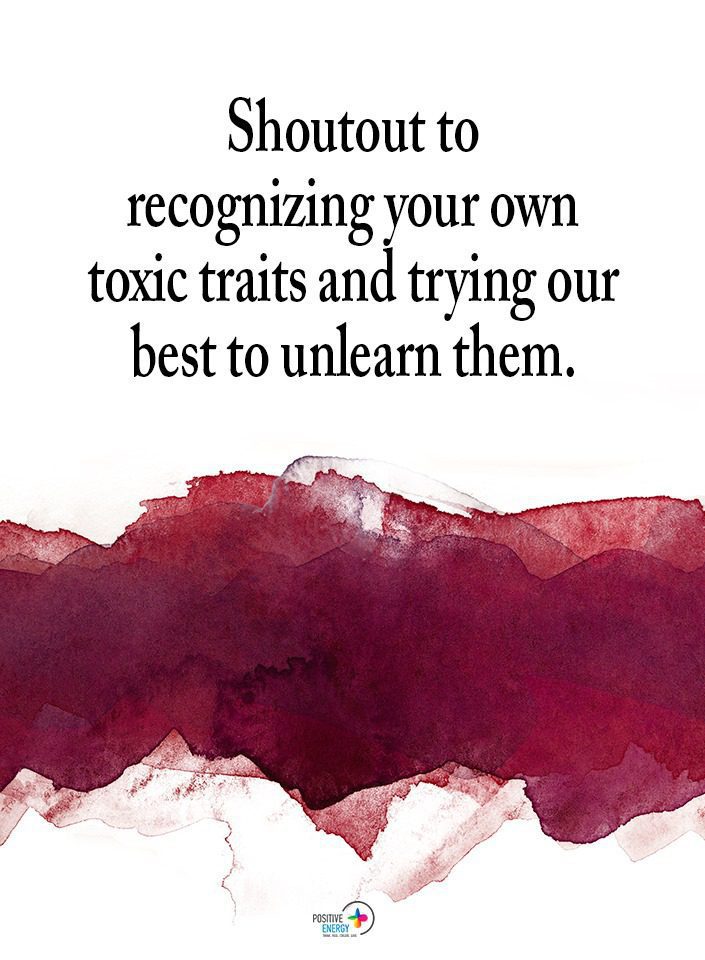Whether you’re in a circle of family, friends, or coworkers doesn’t matter, as you’ll always have at least one self-absorbed person. Their conversation and tone seek to convey a “holier than thou” attitude. How can you tell the difference between self-righteousness and a narcissistic personality?
Do you remember the iconic medical drama House M.D.? Dr. Gregory House was a medical genius, but he lacked people skills and came across as self-righteous and arrogant. He thought he was above the hospital’s rules and would often take dangerous risks to solve cases.
While he’s a fictional character, it’s a classic example of an arrogant person and how they operate. You’re probably thinking about the many people like this that you’ve encountered in your life. Since they’re just a bit better than everyone else, they feel morally obligated to enlighten those around them.
What is Self-Righteousness?
Most people associate righteousness with religion. However, people needn’t be religious to be virtuous and just. It’s possible to have arrogant smugness and no religious inclinations at all.
From a theological perspective, self-righteous people feel morally superior to their peers. Secularly, people are arrogant and love to boast about their greatness.
Scriptural references in many religious traditions condemn the attitude of trying to act holier than others. Quran 53:32 admonishes followers to be humble and aware of their shortcomings. In the Old Testament, Isaiah compares self-righteousness to “filthy rags.”
It’s admirable for people to strive to do right, and it’s not for show. Pride is identified as one of the seven deadly sins. If somebody used their moral high ground to belittle you, they have a profound spiritual issue.

Self-Righteousness vs. Narcissism
People with either of these traits can be tricky in a personal or professional relationship. Their arrogance and haughty mannerisms create a hostile atmosphere that quickly turns toxic. Both characteristics involve a delusion of superiority and entitlement.
While the characteristics of these traits often overlap, they aren’t the same. It’s possible to be self-righteous and not wholly self-absorbed. Self-righteousness is more concerned with moral superiority than overall preeminence. Narcissism is a personality disorder that makes people believe they are better in every human aspect.
Unfortunately, morality snobs can easily fall into the depths of narcissism. Knowing the difference between the two may help you see if someone’s already on that path. Here are the common traits of haughty people you may notice.
Ten Signs of Self-Righteousness
Do you know somebody who displays these traits?
1. They Aren’t Compassionate
Everybody makes mistakes and has shortcomings. It’s the human condition, and these morally arrogant people don’t understand it. Since they view themselves as perfect, they often look down on others, especially when making mistakes.
Often, the things they judge in others are their own downfalls. By pointing out other people’s flaws, they try to hide their own. Such a judgmental attitude doesn’t make room for mercy and compassion.
2. You Try to Avoid Them
Who enjoys being around someone constantly criticizing others while parading their puffed-up holiness? These folks create a hostile atmosphere in a group. They are the loudest protesters because they often have things to hide.
Let’s say that someone in your family has a moral issue with television. They say it’s a cesspool of sin and degradation. Not only will they not have one in their home, but they harshly judge others who do.
They come to a gathering at your place and dominate the conversation on how strong their “convictions” are. Then, you notice that they’ve become silent because they’re glued to your tv. Listening to their negativity and watching their incongruent behaviors make you want to avoid them as much as possible.
3. They’re Attention Seekers
People puffed up with self-righteousness don’t always need the limelight as a narcissist would. They are more interested in drawing attention to their holy deeds rather than themselves. The little favor they do is worthy of a parade in their eyes.
They may be involved in many charitable works, but it’s not always for the right reason. They want you to know their sacrifices and how blessed others are because of them. These attention seekers won’t give a cent unless they brag about it for validation.
4. They’re Judge and Jury
Morally superior people often lack empathy and are quick to judge others. They are a virtual tabloid and get a thrill from delivering juicy gossip. Yet, they forget that gossiping is seriously unrighteous behavior.
They are quick to point fingers and condemn others for the slightest infractions. Their narrowmindedness prevents them from accepting other opinions, beliefs, and spiritual practices.
5. They’re Not Genuine
People with a deluded sense of righteousness don’t see you as equals. They feel a tad holier even if you share similar beliefs and backgrounds. These moral egotists often use condescending tones and fake kindness.
The whole time they talk to you, they’re sizing you up in their mind. They’re not usually active listeners because what they have to say is of utmost importance.

6. They Refuse to Accept Blame
One of the hallmarks of a virtuous person is that they own their mistakes and shortcomings. If they are wrong or have offended you, they’ll be the first to apologize and make amends. They also make a concerted effort not to repeat the offense.
On the other hand, those steeped in their righteousness see themselves as perfect and won’t accept blame. According to an article published by PsychCentral, blame-shifting is a tool they use when their fallibility is exposed and they feel vulnerable. The report says they often use it as a verbal and psychological abuse tactic.
If you ever want to see the true nature of these self-described holy people, confront them when they’re at fault. Not only will they usually refuse to listen, but they’ll twist the conversation on you. If they are possibly at fault, you’re the one to blame.
7. They Hold Grudges
Although the pompously righteous folks know that holding grudges is self-defeating and a moral issue, they feel it’s justified. If someone has offended them, they may see that person as inferior and unworthy of forgiveness. They may see it as their religious obligation to shun or make an example of the offender.
8. They’re a Moral Cherry Picker
When people try to act morally superior in any religious or secular tradition, they use rules and commandments conveniently. They are experts at taking sacred texts out of context to justify themselves or condemn others. While they’ll get on a soapbox over some issues, they’ll ignore those directives that contradict their words and actions.
For instance, they may quickly lower the gavel on a person who plays the lottery. They’ll raise their noses in holy protest and condemn what they say are the evils of gambling. Yet, they are strangely quiet about cheating on their taxes.
9. Letter of the Law vs. Spirit of the Law
Morality snobs are well-versed in the commandments in their chosen religious tradition. They can quote sacred writings and how to follow them to the letter. In a secular sense, they can be the person who is a stickler for the rules and protocols.
While they may know the rules and regulations by heart, they don’t comprehend why it’s so important. They are so wrapped up in legalism that they forget that religious traditions were meant to foster love, harmony, and compassion. Instead, they use these traditions as weapons to hurt others and elevate themselves.
10. They Become Isolated
Since people with an inflated sense of holiness are so judgmental, they often distance themselves from others. Consequently, they have difficulties in personal and professional relationships. Their toxic attitude makes being around them difficult, so they’re usually lonely and depressed.
Descent from Self-Righteousness into Narcissistic Personality Disorder
People who believe themselves to be righteously superior stand behind their exaggerated holiness. They aren’t as concerned with being the smartest or most attractive as a narcissist would be. However, it can quickly develop into a type of narcissistic personality called a self-righteous narcissist.
These people go beyond the amped holiness to almost make themselves a deity. It’s a personality disorder often associated with leaders of cults. They’ve believed in their moral superiority for so long that they begin to have delusions of grandeur.

Final Thoughts on Recognizing Self-Righteousness
The Apostle Paul said in I Corinthians that if he had all knowledge and was devoted to good works, it was nothing without love. People caught up in their own righteousness don’t have room in their hearts for love, understanding, and grace. They also risk developing narcissism and estranging themselves from everyone in their lives as they continually seek validation.


















